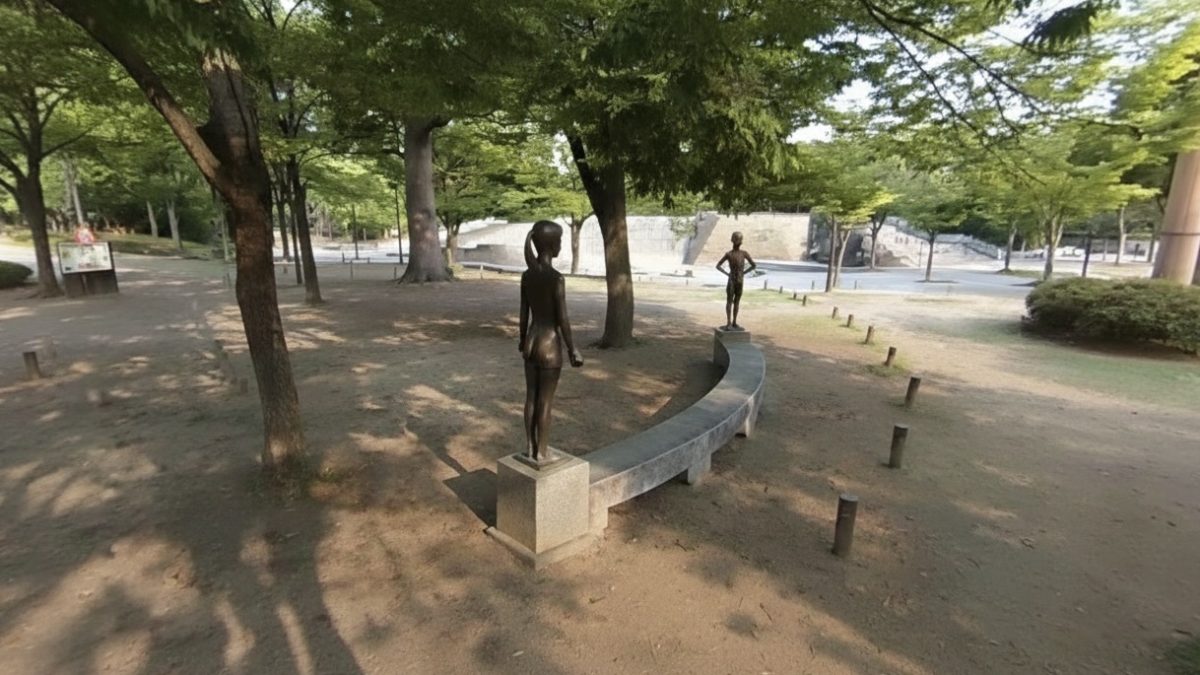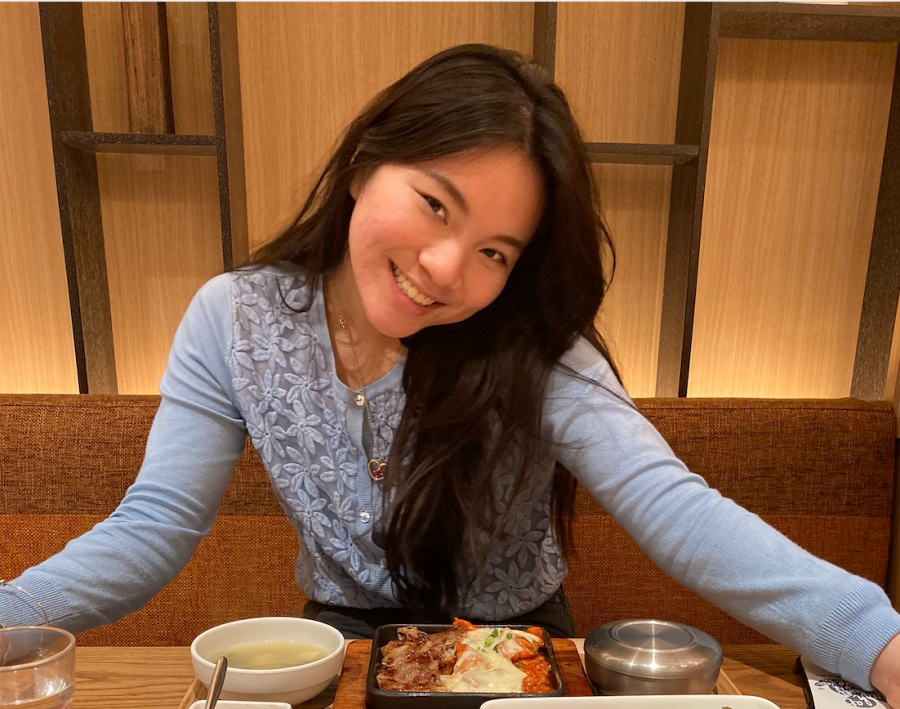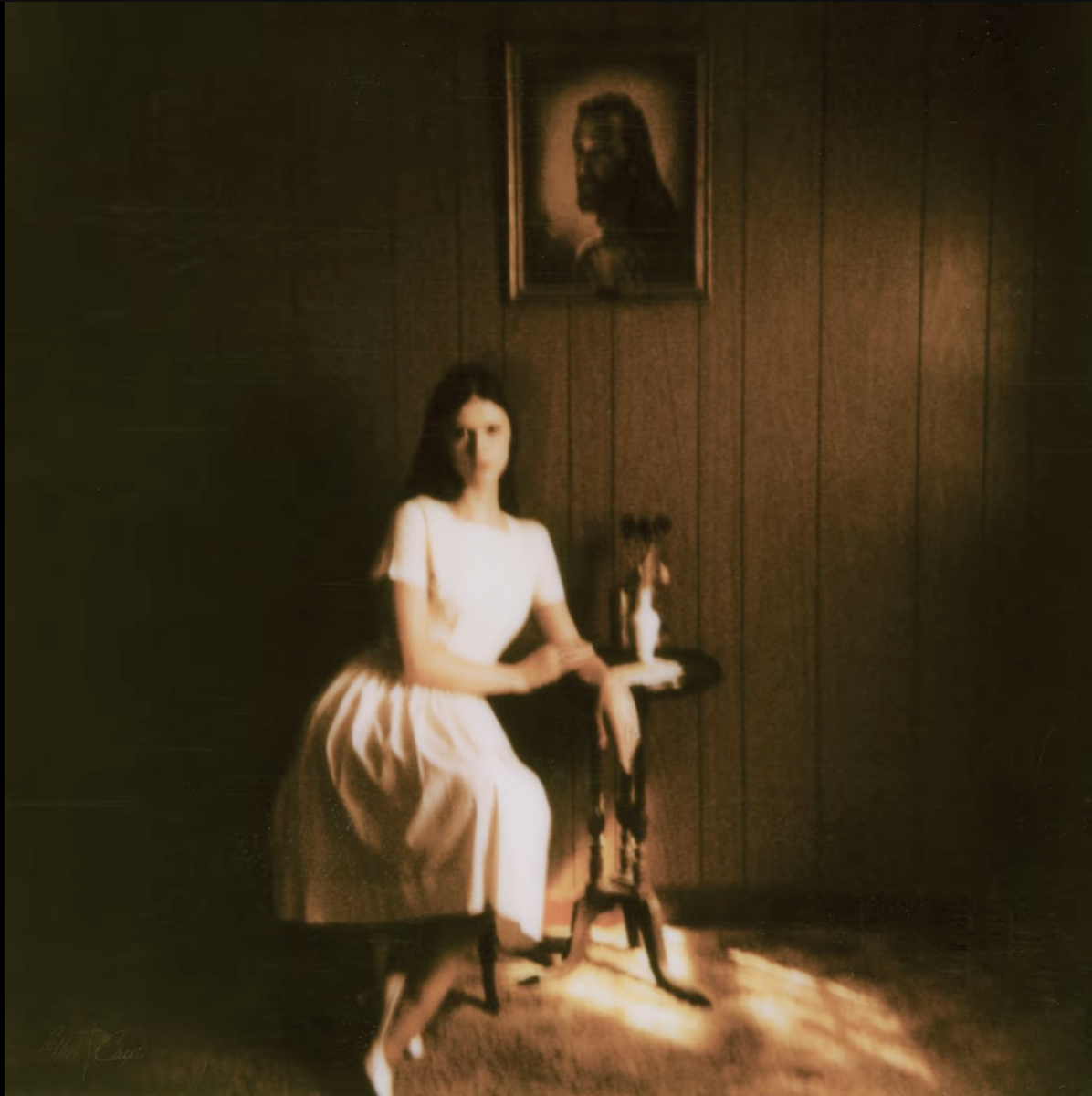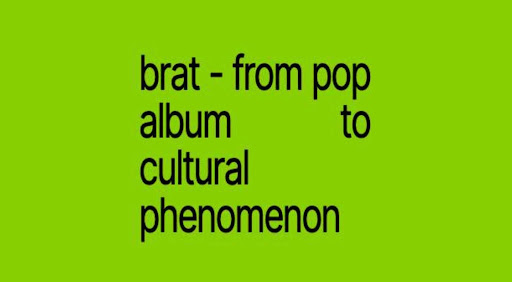
Touken Ranbu is a Japanese video game that personifies traditional Japanese swords. In this game, historical revisionists called the Jikan-Sokou-Gun plan to change history by attacking the past. To prevent this, the Saniwa (players) awaken the dormant spirits of the gods of the swords, giving them strength to fight. The spirits of the gods of the sword called, Touken Danshi, are sent to various points in time to prevent historical distortions. This video game has spawned a wide range of media from anime to Kabuki, igniting a passionate interest in Japanese swords and history among adolescents. The Musical Touken Ranbu – Shizukano Umi no Paraiso, is a heart-piercing masterpiece provoking profound questions about peace.

Shizukano Umi no Paraiso, also known as Paraiso, has a melancholic story as it is about the Shimabara Rebellion, which was an uprising of the local peasants and rōnin against the Tokugawa shogunate as they increased taxes leading to a famine. During this time, Amakusa Shiro, who he called himself the “Apostle of God,” sought revolt. As he used propaganda, he announced that all have to work together in order to reach peace. The peasants heeded the message: en masse, they took up the Catholic faith and rallied around rebellious ideas. This led to many peasants becoming Catholic as it was their only hope for Paraiso (the Spanish word for paradise), leading to a civil war. This rebellion led to the deaths of 37,000 Christians and ended with the Bakufu’s (government) victory. In the play, the leader of the Catholic rebellion Amakusa Shiro was killed by the Jikan-Sokou-Gun, transmuting history. In this play, the Touken Danshi, Tsurumaru Kuninga, the leader of a nebulous warrior group – including Ookurikara and others – is sent to the Shimabara Rebellion to save history. As a duty of a Touken Danshi, the awakened sword spirits grapple with their destinies, resisting the manipulations of time.
This musical masterfully captures the brutality of war, employing vivid imagery such as red petals for blood to express how every life is ephemeral and exquisite, just like Sakura. Symbolism and lyrical creativity hold substantial power throughout this musical, intensifying feelings of grief.
One of the main songs, Mujou no Kaze (無常の風), sung by Tsurumaru, in Japanese, evokes the image of the wind scattering the petals, criticizing this world for how we take away people’s lives in a flash of wind. Furthermore, the homophony of the lyrics “mutable (無常)” and “ruthless (無情)” underscores the cruel reality of existence – just by blowing air, people kills faint and adorable life, thus having no room for pity or mercy to intervene. This memorable song closes with the phrase, “Resist this mutable wind if you can”, showing thatTsurumaru is an idealist who apprehends this world where people are killed with ease.

Conversely, another song from the musical, Shizuka no Umi, the quiet ocean, performed by Tsurumaru and Ookurikara symbolizes a tranquil state where there is no war. The lines sung by Tsurumaru, “The wind doesn’t blow, a tedious place,” echo the motif of the mutable wind, as no wind symbolizes no killing. The piece concludes with the phrase “I’d like to go there someday” and Ookurikara agrees and wants to find this peaceful place too, symbolizing the two personified swords paradoxically dreaming but also dreading a place where their existence will be redundant.
Unlike other musicals or shows, Paraiso emphasizes that historical figures are not the only ones who contribute to history. Although reality is murky, in the musical, the massacre of 37,000 Christians happens to evoke regret within the audience. They emphasize that each individual had their story, making the number 37,000 not merely a statistic but a bundle of countless stories that could have continued. Peace is never achievable in the modern world as war is never-ending, and the heart can never heal from this truth. However, Touken Ranbu Musical teaches us we must strive for peace and leaves us with a soul-stirring message through its plot and music; like a snow-pure crane’s lullaby, crying for 37,000 souls, and a hideous part of history.



























































